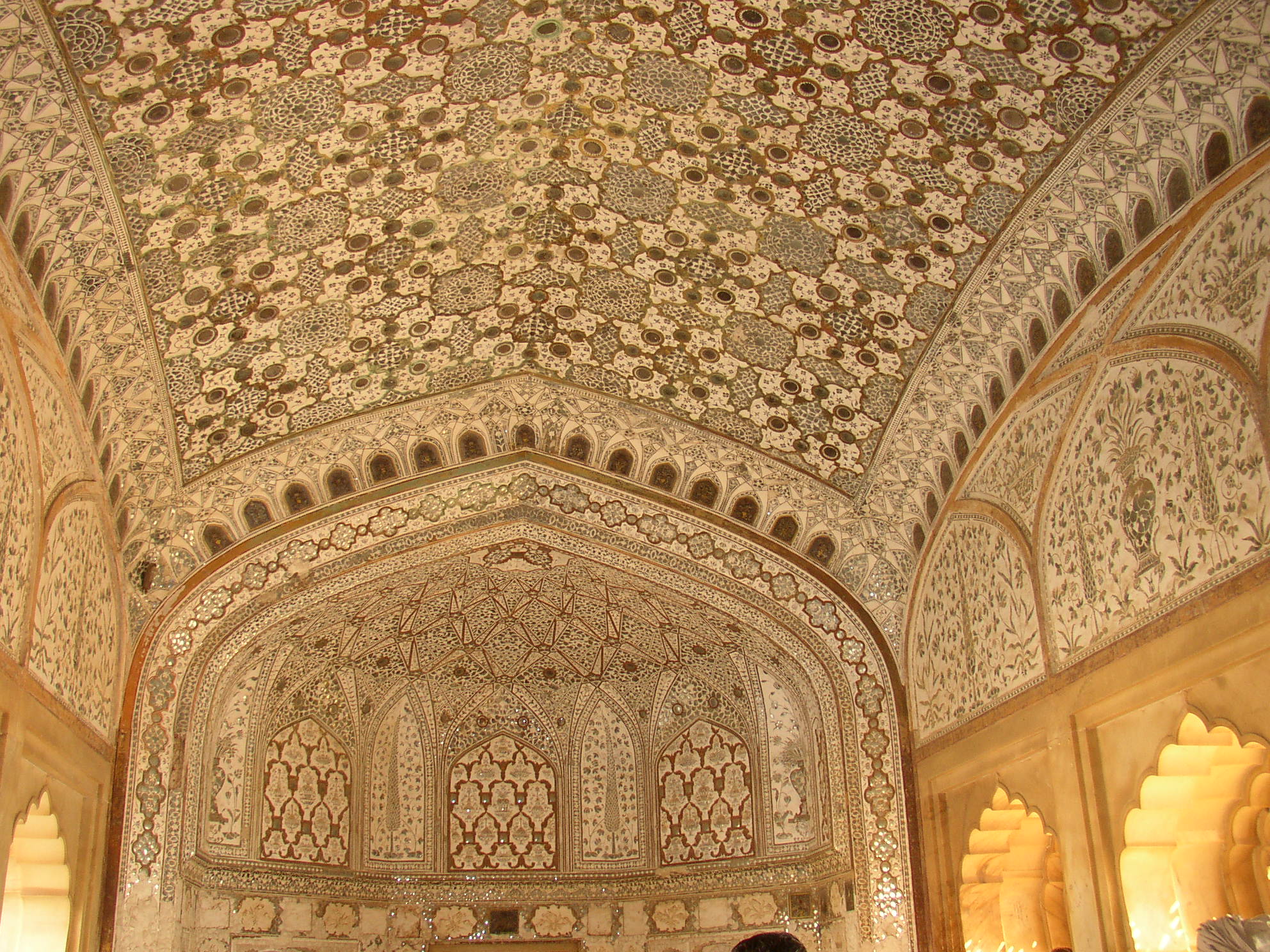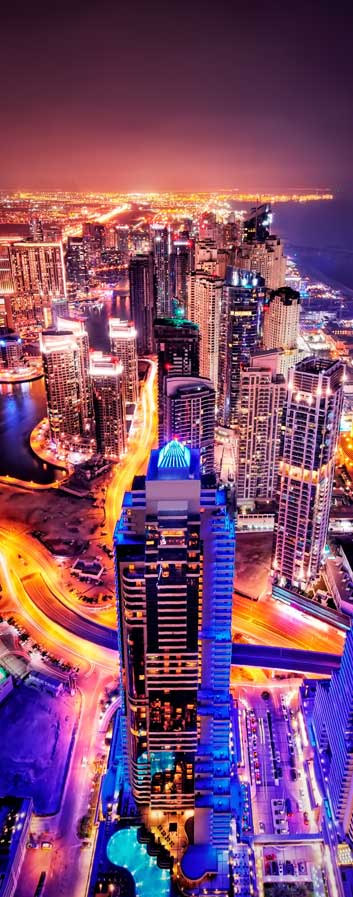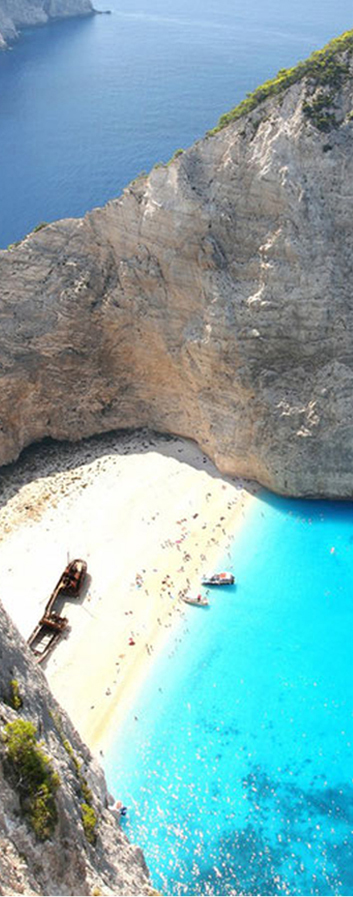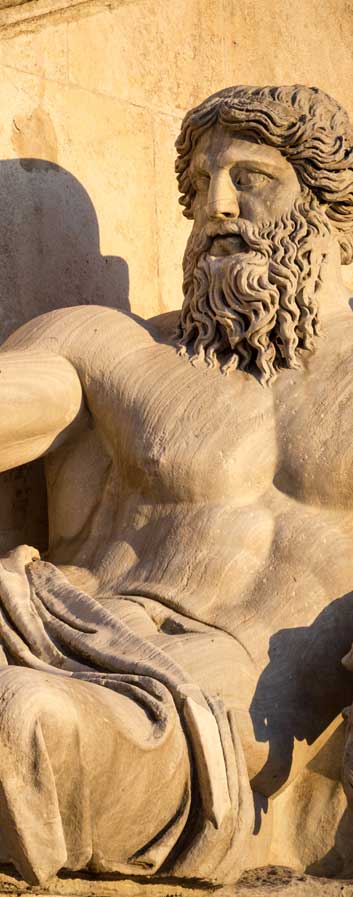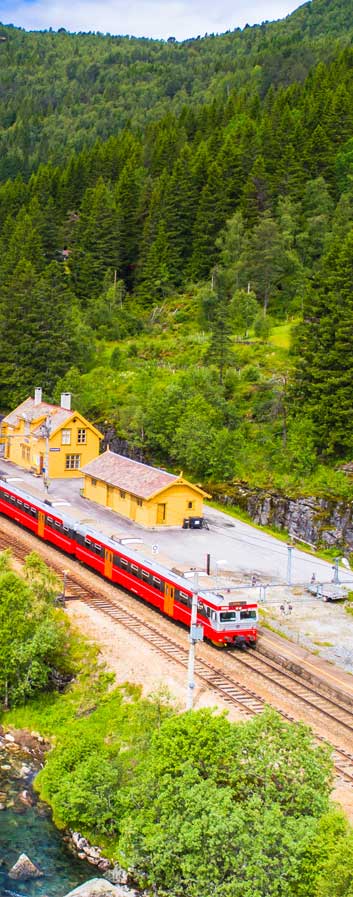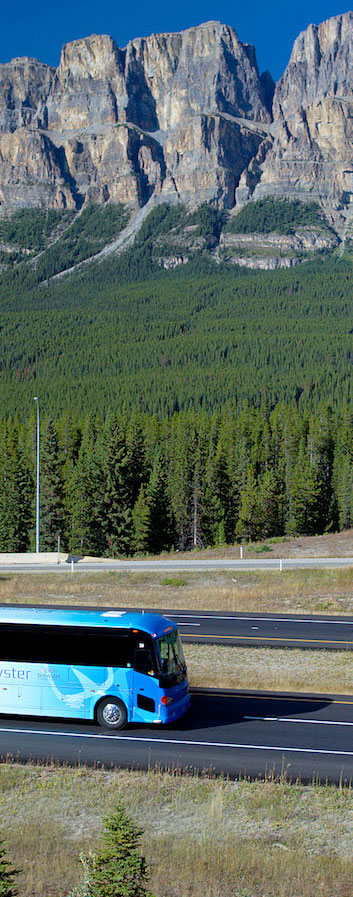Amer Fort
Renowned for its combination of Hindu and Mughal architecture, the Amber Fort is located about 11 km from Jaipur in Rajasthan. The citadel was the seat of the Kachhawa Rajputs who ruled Amer in Rajasthan before the capital was moved to the present day Jaipur. The construction of the fort was commenced in 1592 by Raja Man Singh I over the remnants of an earlier fortified structure. The fort was built with red sandstone. It was modified by successive rulers for 150 next years.
During Mughal rule, Amber under Man Singh I was at its height of power and influence. Man Singh was the Commander in Chief of the Mughal army and one of the Navratnas (nine jewels of Akbar’s court). The ornamentation of the fort is a blend of Rajput-Mughal styles. One can see intricate carvings, mirror and precious stone works on the walls and ceilings of the fort. There are several places in the fort complex, which has been built as per the Mughal style of architecture including the ‘Dil-e-Aaram’ garden, which is located at the entry point of the fort.
The fort is connected with Jaigarh Fort through fortified tunnel. The tunnel was built for the royal family members and others during the escape during the times of war, to take them to Jaigarh Fort, which was far safer place. There are several shops within the fort, where one can buy traditional Rajasthani costumes.
Before the Kachhwaha clan of Rajput ruled Amber, the place was founded by the Meenas in 967 AD. They dedicated the town to Amba, the Mother Goddess. The Goddess was known as ‘Gatta Rani’, ‘Queen of the Pass’ to the Meenas. Around 1037 AD, Amber was conquered by Kachhwaha clan of Rajputs and ruled it until 1727 AD. It became the capital in 1036 AD.
During their regime, several structures were built and expanded, especially during the reign of Raja Man Singh I in 1600. The construction of the fort was started in 1592 AD and it was further expanded by successive rulers. The Diwaan-e-Khas and the Ganesh Pol was built by Mirza Raje Jai Singh I. Later in 1727 AD, Sawai Jai Singh II moved the capital from Amber to a founded new town, which stands today as Jaipur. Maharani Jodha Bai, wife of the Great Mughal Emperor Akbar belonged to the Kachhawa clan of Rajput. She was the eldest daughter of Raja Bharmal of Amber.
